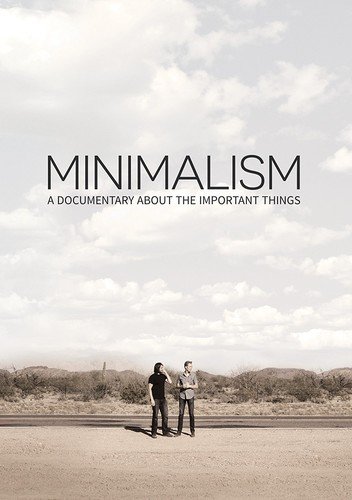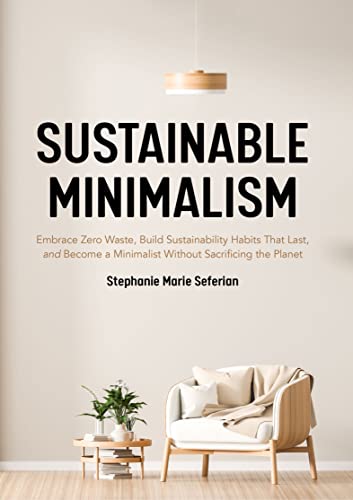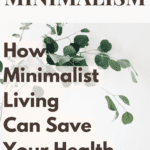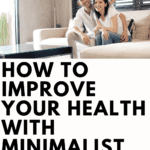Minimalist living is becoming increasingly popular. So, what’s so special about minimalism, and can it really improve your health?
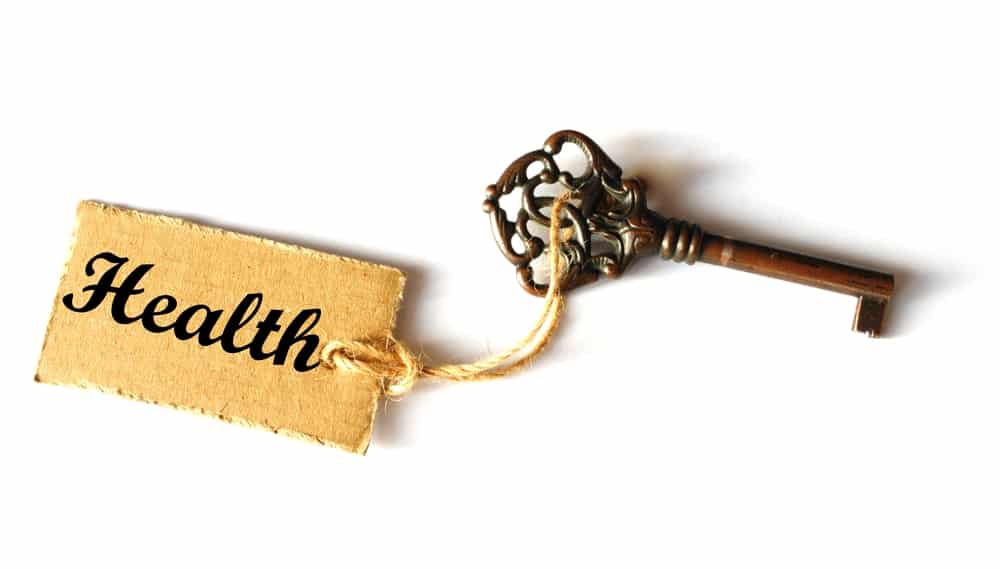
This post may contain affiliate links, which means I can receive a commission from any purchase made from the links. I earn from purchases from Amazon links. See the disclosure policy here.
This post is for educational and informational purposes and is not medical advice.
Minimalist living seems to be everywhere these days, and it’s hard to turn on the TV or listen to the radio without being reminded of how important it is to clear out your closets. For years, minimalism has been all about getting rid of stuff you don’t regularly use to make room for new items, but there’s more to it than that. Recent studies show that a minimalist lifestyle can improve your health by eliminating stress and providing the space you need to live a healthier lifestyle. So, can minimalism be the answer you seek for better health?
This post is all about how a minimalist lifestyle can better your health.
Minimalism is a lifestyle that involves simplifying your possessions and focusing on what truly matters in life.
While it’s often associated with decluttering physical spaces, minimalism can also extend to our minds and mental health. In this blog, we’ll explore the benefits of mind minimalism and why it can benefit your overall health and well-being.
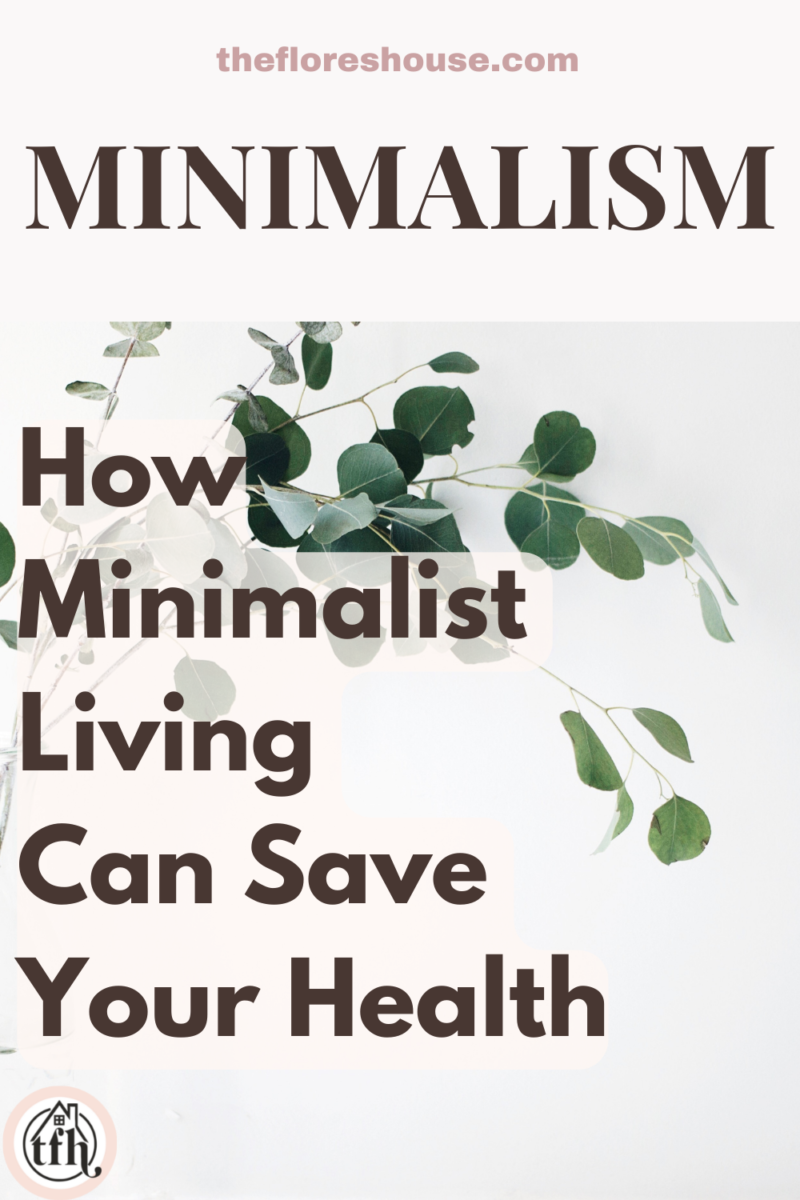
Minimalist Health: How Simple Living Improves Your Well-being
They say less is more, but I think more is less.
Living with less and pursuing minimalist living has been rising in recent years. Many people want to downsize their material possessions and live more simply and less stressed by their belongings.
While this may seem like a new fad, minimalism has existed for centuries. So, what’s so special about minimalism? How can it add value to your life, and how can it improve your health?
Is minimalism good?
The short answer is yes. Minimalism can help reduce stress and anxiety by removing unnecessary distractions from our lives. When we have fewer things to worry about, we can focus our energy on what’s important. Minimalism can also save us time and money, as we no longer need to acquire more possessions constantly.
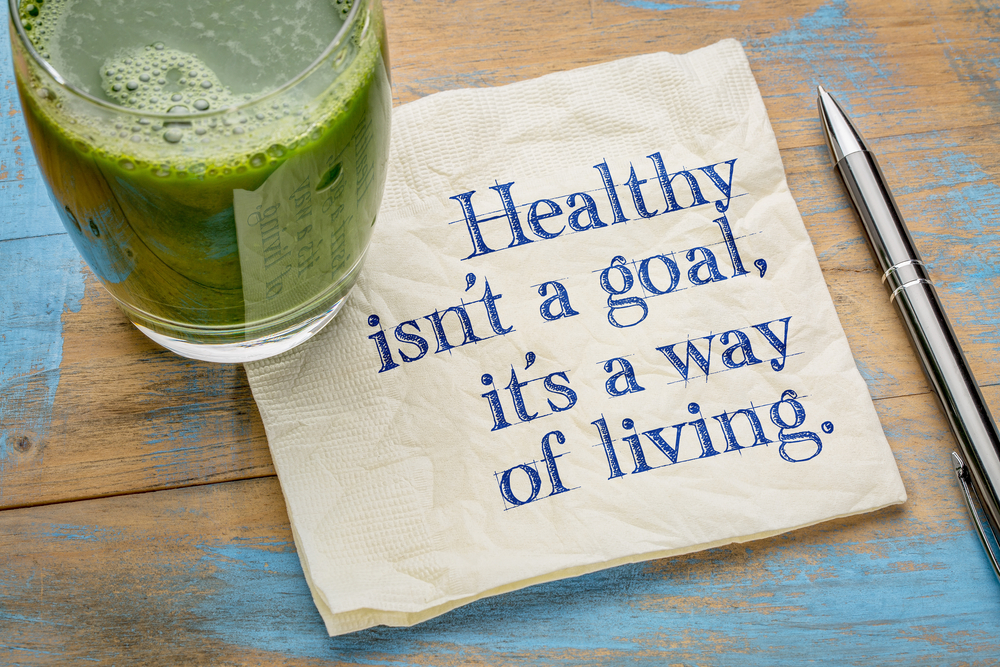
Is Minimalist Living The Healthiest Trend Yet?
There must be more to a minimalist lifestyle than the trends we see on social media. We’ve all seen the YouTube trend of minimalists sitting on bare floors without possessions to the clean white aesthetic with natural elements to please the eye.
For many people, the word minimalist conjures up images of an aesthetic lifestyle in which one gives up everything that won’t fit into a backpack and goes off to live in the woods.
However, there are many benefits to being a minimalist that meets the eye. Let’s examine the many health benefits of adopting a minimalist lifestyle and how it can help you live a longer, healthier life.
What if I told you that by living with less, you could improve your health and extend your life?
One of minimalism’s main benefits is its positive impact on mental health. By removing clutter and excess from our lives, we create space for mindfulness and self-reflection. This can lead to greater self-awareness and a deeper understanding of our needs and desires. Minimalism can also help us cultivate a sense of gratitude for what we do have rather than constantly striving for more.
It sounds like an impossible feat, but it’s entirely possible! In theory, by giving up the unnecessary things in your life, you can have the energy and time to focus on your body and mind in a way that will make you happier and healthier.
Due to the number of people who experience positive changes in their lives, minimalism and the pursuit of minimalist living have risen in recent years. Many people want to downsize their material possessions and live more simply to reduce stress and find profound happiness.
But don’t get rid of everything just yet! Read on for more about why minimalist changes could change your future.
The practice of minimalistic living has been said to reduce stress and positively affect wellbeing, but what does the science say?
This study found that a minimalist lifestyle improves health from the participants’ experiences. In this small group, everyone (all from Western cultures with similar socio-economic backgrounds) had positive changes due to practicing minimalism.
Living with less stuff allows you to live a more balanced life with less stress and fewer distractions.
Choosing what you bring into your home stops the habit of buying more stuff that clutters up your living space. It frees up space to enjoy what you value most.
A minimalist lifestyle has been shown to improve health habits and lower stress levels, which helps you live longer!
Here are some ways minimalist living can improve your health with positive psychology and help you live longer.
- Increases awareness – helps you curb consumerism and resist psychological marketing to buy new products, which leads to healthier finances and less consumer debt.
- It helps you live more sustainably by creating less waste – a healthy planet = healthy you.
- Reduced clutter helps free up time and reduce stress for more leisure and relaxation.
- It increases gratitude and helps you live a happier life.
- Fewer possessions mean an easy-to-clean space (less dust, mold, and allergens).
- More space and fewer distractions help us enjoy the things we most value.
Consumerism is becoming a global problem. Excessive buying and disregard for the environment are worsening in some Western cultures. More importantly, research shows that there is a direct relationship between materialism and depression.
Start your minimalism journey!
Minimalism can be particularly beneficial for women, who are often bombarded with messages to acquire more possessions and strive for perfection all their lives.
By embracing a minimalist lifestyle, women can free themselves from these societal pressures and focus on what truly matters to them. This can lead to increased self-confidence and a stronger sense of identity.
So, What is a Minimalist Lifestyle?
Yes, minimalism has been in vogue lately, but many people aren’t sure exactly what it means. According to the minimalist Joshua Becker, the goal of minimalism is to own the right amount of things to focus most on our passions.
That’s because there’s no strict definition of what it means to live a minimalist lifestyle.
We can interpret it as living with less than you need or only the most important things to you.
In truth, minimalism is entirely subjective, and how you choose to live is up to you. A minimalist lifestyle is one where you try eliminating as much excess stuff as possible.
It doesn’t necessarily mean getting rid of all of your things. Instead, it simply means keeping what is useful, necessary, or (according to the infamous Maria Kondo) what brings you joy.
A minimalist lifestyle can help you live longer. There are many benefits to having less clutter in your life, which extend into every aspect of living: physically, mentally, emotionally, and spiritually.
A strong sense of well-being from gratitude, peace, and happiness is the recipe for a long life.
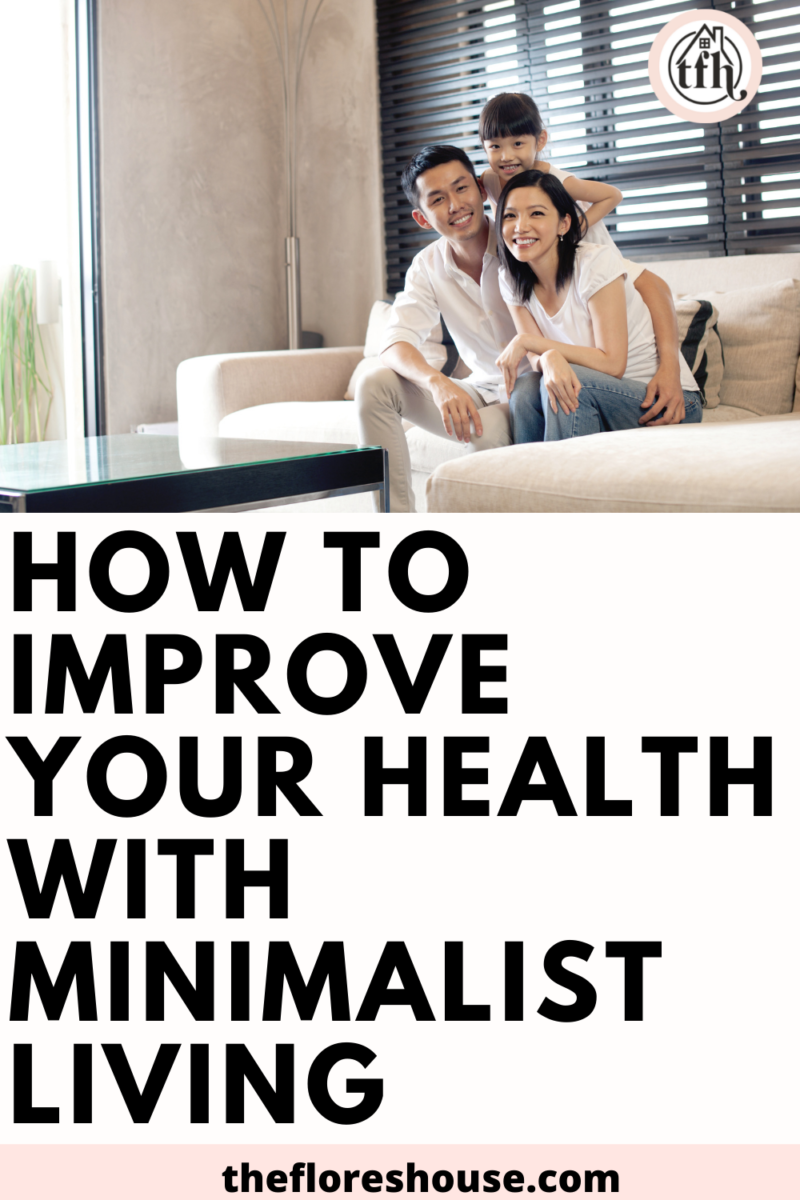
Are Minimalists Happier?
Although studies are few, they have shown that living a minimalist lifestyle can improve one’s well-being, happiness, and relationships and maybe even help one live longer.
Also, it’s important to note that those who live in clutter tend to experience greater stress levels, which are harmful to their health.
Research shows that materialism and depression have a direct relationship. Also, minimalists seem to be a happy subset of people, regardless of their culture or income level.
What Are Some Health Benefits of a Minimalist Lifestyle?
According to many experts, minimalist living is one of the best ways to combat stress, anxiety, depression, and chronic illnesses.
When we don’t have excess clutter, we can create more mental space for ourselves.
A minimalist lifestyle is not just about shedding unnecessary possessions; it’s also about clearing unnecessary obligations. This way of living allows you to focus on what matters, leading to better health and a longer life. Read more about how to create a healthy home environment here.
Longevity is a goal most people have. We want to live long, healthy, and happy lives. Researchers observed some commonalities in the world’s blue zones, where high numbers of centenarians reside.
Dan Buettner writes about these nine well-researched common denominators for living a long life. Two factors are stress management and having a direction or purpose in life.
Both of these can be satisfied by living a minimalist lifestyle.
How Can I Start Living a Minimalist Lifestyle?
Do you need to reduce stress in your life? Does the minimalist way of living sound appealing?
If you’re interested in living a minimalist lifestyle but don’t know where to start, here are five simple ways to take steps toward a more purposeful existence.
These minimalist living tips can improve your health, reduce stress, save money, cut clutter—and maybe even help you live longer.
- The first step to getting started with minimalism is changing your mindset. If you want to live a minimalist lifestyle, you need to realize that it’s not something you do overnight but will take time to develop new habits.
- Declutter, but be gentle with yourself. Don’t expect perfection, as that leads to more stress! Relax, and do your best. No one said you need to throw away all of your belongings. Try to clean one section of your life each day for a month.
- Watch, read, listen, and research the minimalist lifestyle. Motivation is lovely initially, but it can also be helpful anytime you feel discouraged.
- Think about sustainable and eco-friendly living. As you adjust to minimalism, notice your impact. You will see much less plastic waste and garbage in your bin. Congratulations!
- Find new ways to reward yourself! You deserve a pat on the back, and treats make life enjoyable. Replace the retail splurges with something more meaningful, like a day trip to a nearby town or a game with friends.
The research shows that living with less can help you live longer. So be honest: How much stuff do you have?
In conclusion, mind minimalism can benefit our health and well-being. By simplifying our possessions and focusing on what truly matters, we can reduce stress and anxiety, save time and money, and cultivate greater self-awareness and gratitude.
Minimalism is a powerful tool that can help us live more intentionally and authentically, and it’s a lifestyle worth considering for anyone looking to improve their overall health and well-being.
This post was all about how minimalist living can positively influence your health.

